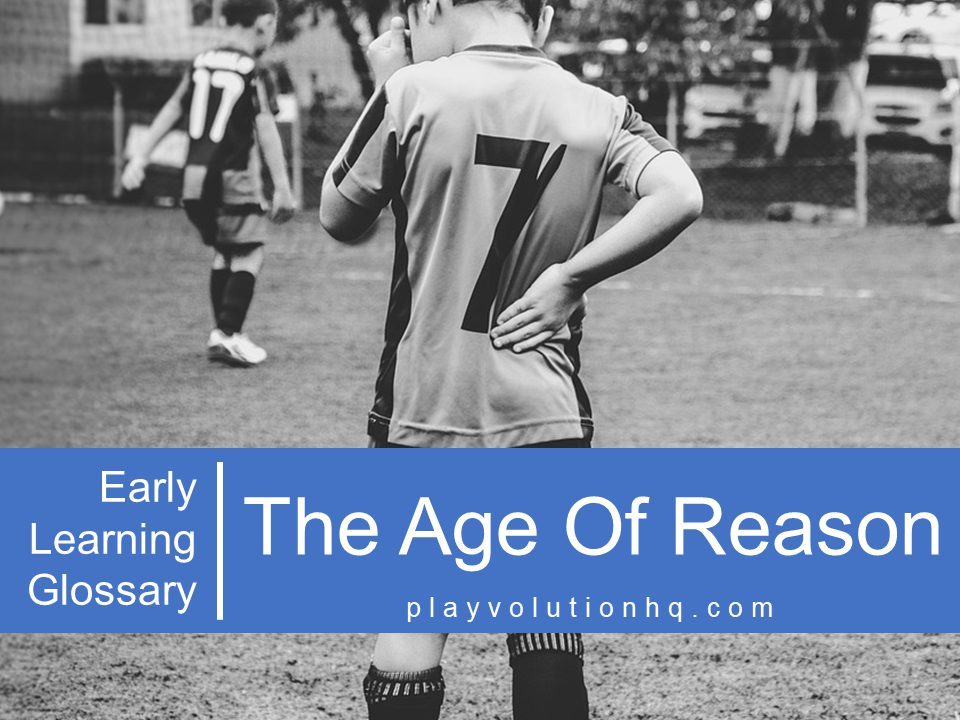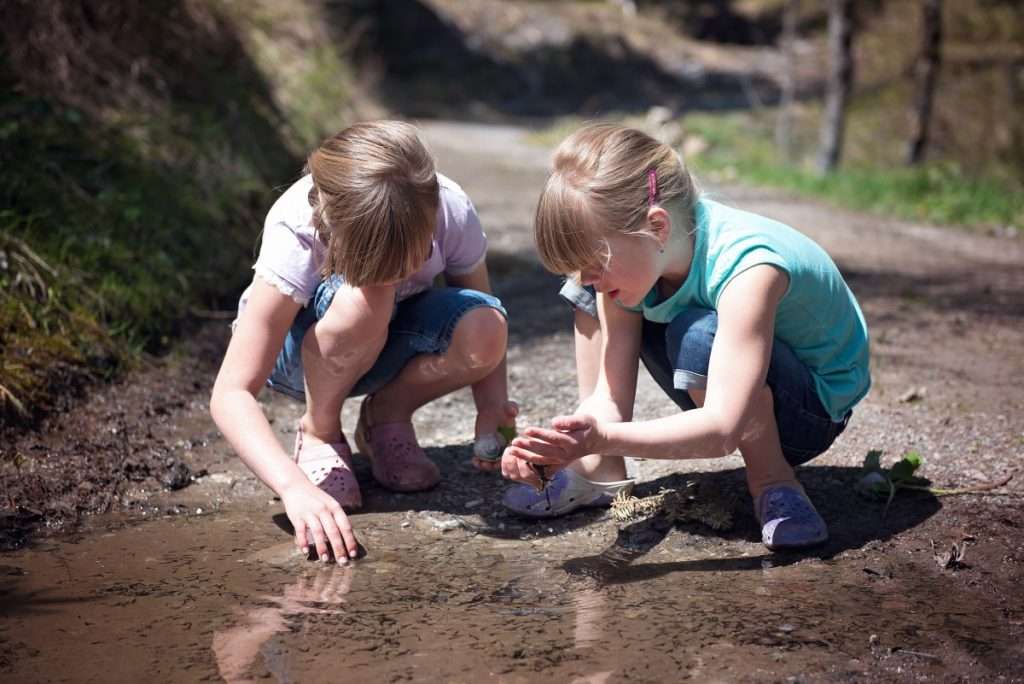
Table of Contents
What Is The Age of Reason?
Around age seven, a child’s mind sparks with logic—welcome to the age of reason. This fascinating shift ushers in a new phase of cognitive growth, where kids start grasping cause and effect, solving problems with purpose, and exploring the world with fresh rationality. For parents and caregivers who champion child-led play, it’s a golden window to nurture independence and curiosity—if we avoid smothering it with too many grown-up rules, like endless worksheets or strict schedules.
This stage, often pegged at seven, is when logical thinking begins to bloom. Through Jean Piaget’s lens, modern psychology ties it to the concrete operational stage (ages 7 to 11), where kids puzzle out why a block tower falls yet struggle with abstract concepts. Maria Montessori saw it similarly, calling ages 6 to 12 the “second plane”—a time when children shift from soaking up the world through their senses to asking “why” and “how,” hungry for answers and order. It’s no sudden switch; it’s a slow, thrilling awakening that reshapes how they play, learn, and connect.
Play’s Evolution During The Age of Reason
Child-led play becomes a dynamic testing ground for new mental skills as children reach the age of reason. Gone are the days of purely whimsical pretend; now, children weave logic and structure into their explorations. This shift could spark incredible growth in creativity and problem-solving—if we don’t bog it down with the high-pressure, outcome-obsessed approaches some early learning settings favor.
Real-World Examples of Play in Action:
- Engineering Blocks—Picture 7-year-old Wren meticulously assembling a Lego bridge, using the iterative process and tweaking the design after each collapse to make it sturdier. This isn’t just play—it’s a hands-on and self-directed lesson in balance, stability, and trial-and-error reasoning.
- Creating Rules—A nixed-age group of kids, led by a pair of 8-year-olds, might invent games like Belly Ball Battle with intricate rules—and then strive to enforce those rules. They’re not just running around having fun but negotiating, strategizing, and practicing fairness through logic.
- Exploring Nature—6-year-old Juniper drops sticks, stones, leaves, and other found objects into a muddy puddle, predicting which will float. It’s messy, unstructured, and brilliant—a natural experiment in density, bouncy, and observation.
These moments show how the age of reason turns play into a child-driven classroom, far richer than rote drills or forced lessons.

Nurturing Exploration
Parents and caregivers can amplify this stage by stepping back and letting kids lead—ditching the rush of adult-led lessons for child-driven discovery. The key? Offer tools and space without hovering. Here’s how:
- Offer Open-Ended Materials—Stock up on blocks, cardboard, string, and loose parts. These spark invention without a playbook, igniting reason through hands-on creation.
- Create A Tinkering Space—Set aside a corner stocked with tape, rules, scissors, and other tools where kids can explore and create with the above-mentioned materials. Kids can build whatever they dream up, learning as they go.
- Embrace The Outdoors—Let them dig, climb, or splash in puddles. Nature’s messy chaos is a goldmine for testing theories and asking “what if.”
- Encourage Mistakes—Don’t swoop in to fix flops. Watching a child puzzle out why their paper boat sank builds grit and logic far beyond any quick adult rescue.
The age of reason turns play into a launchpad for critical thinking and independence. By championing child-led exploration, we nurture skills and a mindset that’s bold, curious, and ready for anything. Don’t choke it with control; let it thrive with room to grow.

Busting Myths About This Stage
Some assume that once kids hit the age of reason, they’re mini-adults who don’t need guidance. Far from it—they’re still fresh to the world, short on experience and know-how. Subtle support still matters—try asking, “What do you think will happen next?” instead of handing them the answer.
Another myth? That structured activities beat free play, as if worksheets outshine discovery. Truth is, child-led exploration at this stage sparks a deeper, truer love for learning than top-down tasks ever will.
Wrap-Up
Understanding The age of reason lets us see play for what it is: a child’s way of making sense of the world. As their reasoning sharpens, so does their ability to explore independently, question boldly, and think fearlessly. For caregivers and parents, this is a call to action—ditch the pressure-cooker tactics and let kids steer their own ship.
Contribute content to Playvolution HQ
Brought to you by Explorations Early Learning
Thoughts On This Entry?
I’d love to hear your thoughts on improving this entry and suggestions for additional glossary additions in the comments below. You can also contact me with comments or concerns.
Browse Trainings
Post Author
Jeff Johnson is an early learning trainer, podcaster, and author who founded Explorations Early Learning, Playvolution HQ, and Play Haven.


Leave a Reply